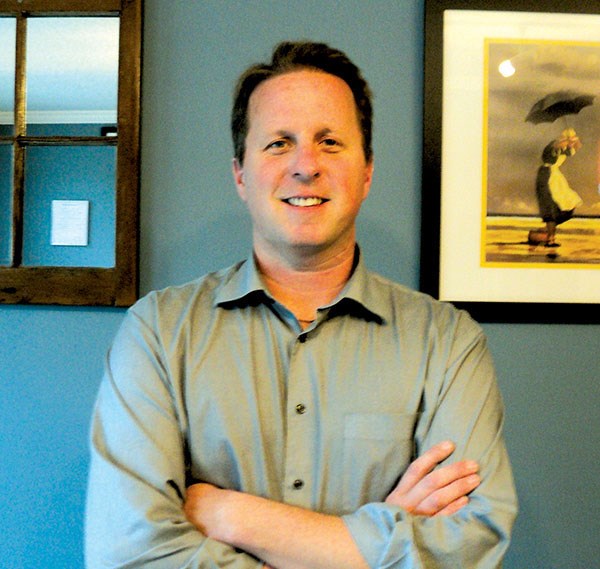It seems that grant funding is blowing away for this summer’s Squamish Wind Festival – and for several other community groups.
Everything is coming together for the free three-day arts, culture and watersports July festival, according to festival coordinator Michelle Neilson, but behind the scenes there is frustration that it doesn’t look like Wind is going to get the $8,000 it was expecting from the district for its second annual event this year.
Of the community groups whose grants were sent last Tuesday to the draft budget for 2015, the Wind Festival was left off of the list.
“I was sad to hear that the Wind Festival didn’t receive any money from grant in aid,” said Neilson, adding that the festival did indirectly receive $2,000 through other district funding given to the Squamish Arts Council.
“I’m working this and fingers crossed we get [the full amount], but no matter what, I created three budgets: good, better and best,” she said.
She is more worried about groups that need the grants more than hers.
“The reality is, we have a problem with our grant in aid system, and we need to revisit it,” she said.
“There must be a better solution. Wind isn’t the only community event or festival seeking district support,” she said.
Rob Weys, director of the Tantalus Wellspring Society, which offers social services such as counseling, said he is not a fan of the grant and aid process in Squamish. “It is a bit chaotic,” he said. “You are pitting all these groups who do great work against each other.”
The society asked for $12,000 this year but has been turned down in the draft budget.
The money requested was to go towards offering mental health services to those in Squamish who can’t afford them, according to Weys.
Weys said some of the grant funding should be put in place permanently for organizations that fill a gap in the community, and there should be funds for groups trying to get off the ground.
Mayor Patricia Heintzman said deciding on who gets grant funding is one of the hardest things a council has to do.
“Everyone has got a good idea and a good project, but there are limited funds,” she said.
Ultimately it is the provincial government that downloads more and more services onto municipalities and not-for-profit groups, and there simply isn’t enough funding to go around, she said. In the meantime, though, Heintzman said the district does need to develop clearer parameters around grant funding, “so that people don’t get their expectations up. You know, we need to have clear priorities and parameters around what qualifies for grant and aid and what doesn’t.”
Weys agreed that all levels of government are offloading the responsibility for social services onto the next level down until the need hits the community not-for-profit groups, which try to fill the gaps. Things could be done better in Squamish, though, he said.
“There is money being misspent,” he said, adding an example is the thousands spent by the district on the rebranding exercise.
“You need to start managing the revenue of the district,” he said, adding his society will soldier on, but it is tough.
“It steps us back a bit, but we will still move forward,” he said.
Neilson said she has come to the conclusion the solution for the Wind Festival is to offer a top-notch event that will draw more sponsors.
“I think the short-term solution for our town lies in the people, not government. If we want change, we need to come together as a community and create it ourselves,” she said.



